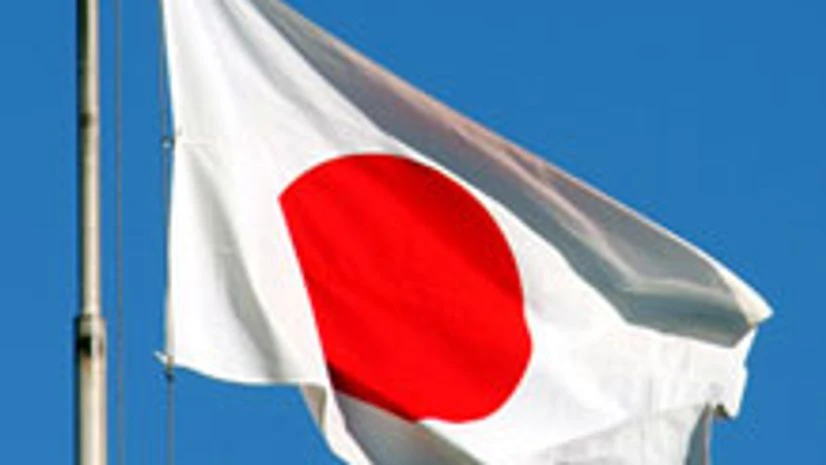Japan today celebrated the inscription of Meiji-era industrial sites on UNESCO's World Heritage list, despite initial opposition from Seoul over the use of forced Korean labourers in the early 20th century.
UNESCO's World Heritage committee yesterday added 23 sites considered representative of Japan's industrial revolution around the reign of Emperor Meiji (1868-1912) to its vaunted list.
They included a steelworks, a shipbuilding yard and a coal mine.
More From This Section
Inclusion on UNESCO's World Heritage list can bring economic benefits, because as well as being a powerful tourist draw, world heritage sites are eligible for financial assistance towards preservation.
But Tokyo's bid to have the sites listed touched off a diplomatic spat because South Korea and China say that seven of the locations became centres for deportation and forced labour during their respective Japanese occupations.
Japan annexed the Korean peninsula in 1910, ruling until its World War II defeat in 1945. The increasingly militaristic regime invaded Manchuria in 1931, where it established a puppet government and a base from which to agitate against China.
The UNESCO bid further irritated already-strained relations between Japan and its Asian neighbours, with disputed wartime history - particularly Tokyo's system of sex slavery - an irritant.
But in an apparent bid to ease the tension, the Japanese delegation said it was prepared to acknowledge some of the concerns.
Japan will "incorporate measures ... To remember the victims such as the establishment of (an) information centre", it said, an assurance that led Seoul to lift its opposition to the listing.
The South Korean foreign ministry welcomed what it saw as a concession.
"For the first time Japan mentioned the historical fact that Koreans were drafted against their will and forced into labour under harsh conditions in the 1940s," it said in a statement.
However, Japan's Foreign Minister Fumio Kishida said Tokyo's move does not fundamentally change its stance.
"The government's position over those recruited from Korea has not changed," top government spokesman Yoshihide Suga said today.

)
